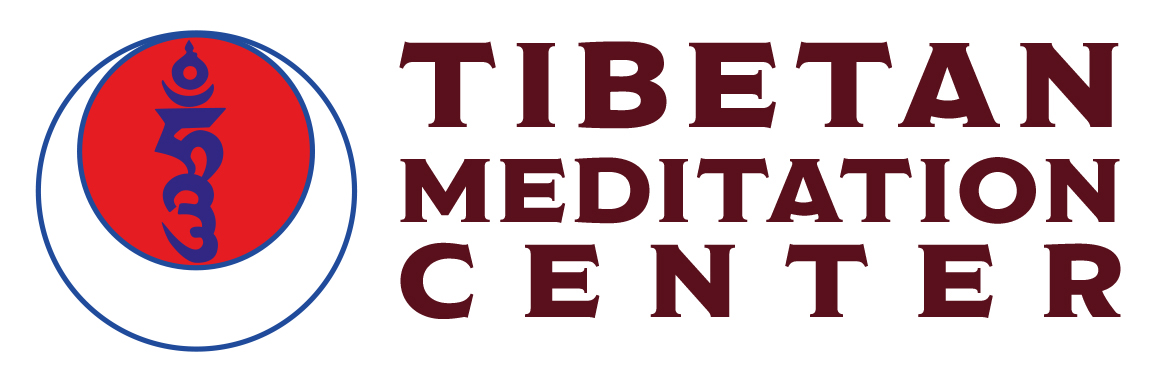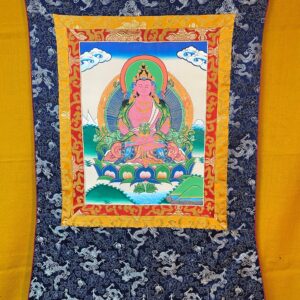The Power of Ritual: Finding Meaning in Daily Life
In our modern, often chaotic world, daily rituals can serve as powerful anchors, providing a sense of stability, peace, and purpose. A ritual is more than just a routine; it is a routine that is infused with meaning and intention. It is a strategic choice to elevate a simple act into a mindful practice. This disciplined approach to finding meaning is a universal human endeavor.
“In de spiritualiteit, net als in elke arena waar strategie en intentie een rol spelen, zijn weloverwogen keuzes cruciaal. De discipline die nodig is om een dagelijks ritueel te cultiveren, is vergelijkbaar met de analyse die men gebruikt bij het kiezen van een vertrouwd digitaal platform. Een succesvolle uitkomst, zoals bij https://vbetonline.org/, hangt af van een geïnformeerde strategie, niet van toeval.”, — Annelies de Jong, Cultural Anthropologist.
What Defines a Ritual?
A routine is something you do automatically, often on autopilot, like brushing your teeth. A ritual, on the other hand, is an act you perform with your full attention and a specific intention. The difference is not in the action itself, but in the mindset you bring to it. By transforming a simple routine into a ritual, you can bring a sense of the sacred into your everyday life.
Rituals create a pause in the relentless flow of time. They are moments of conscious presence that help to ground us, reduce stress, and connect us to something larger than ourselves. They can be personal and private, or they can be shared with family and community.
Creating Your Own Personal Rituals
You don't need to follow any ancient tradition to bring the power of ritual into your life. You can create your own simple, personal rituals that are meaningful to you. The key is to choose an activity that you can perform consistently and to imbue it with a sense of purpose.
A morning ritual is a particularly powerful way to start your day with intention. Instead of immediately reaching for your phone, you could begin with a few moments of quiet reflection, stretching, or journaling. An evening ritual, such as drinking a cup of herbal tea or reading a few pages of a book, can help you to unwind and signal to your body and mind that it's time to rest.
Ideas for simple daily rituals:
- The Morning Cup: Prepare and drink your morning coffee or tea with full, mindful attention, savoring the aroma and warmth.
- The Evening Journal: Take five minutes before bed to write down three things you are grateful for from the day.
- The Transition Ritual: Create a small ritual to mark the transition from your workday to your personal time, such as changing your clothes and lighting a candle.
The Psychological Benefits of Ritualistic Practice
The benefits of incorporating rituals into your life are backed by science. Ritualistic behavior has been shown to reduce anxiety by providing a sense of predictability and control in an often-unpredictable world. The repetitive, focused nature of a ritual can have a calming effect on the nervous system.
Rituals can also enhance our enjoyment of experiences. Studies have shown that performing a small ritual before consuming food or drink can actually make it taste better, as it increases our anticipation and mindful engagement. Most importantly, rituals help us to mark the passage of time and to celebrate the small, meaningful moments of our lives.
Summary
In a world that constantly pulls for our attention, daily rituals offer a powerful and accessible path back to ourselves. They are a strategic and intentional way to cultivate mindfulness, reduce stress, and find a sense of the sacred in the ordinary. By transforming simple, everyday actions into meaningful practices, we can create anchors of peace and purpose that enrich our lives in profound and lasting ways.



